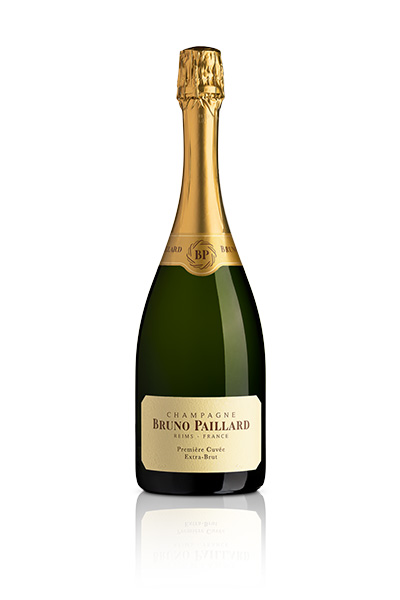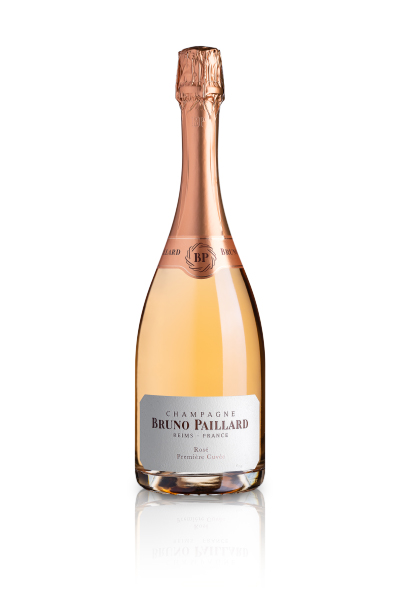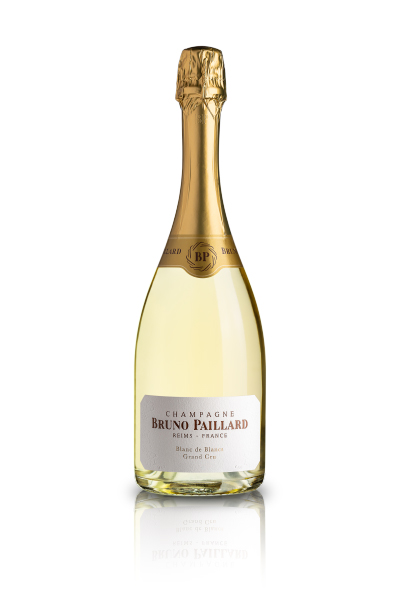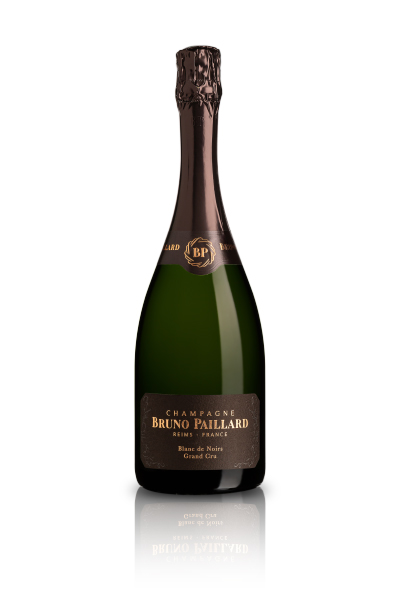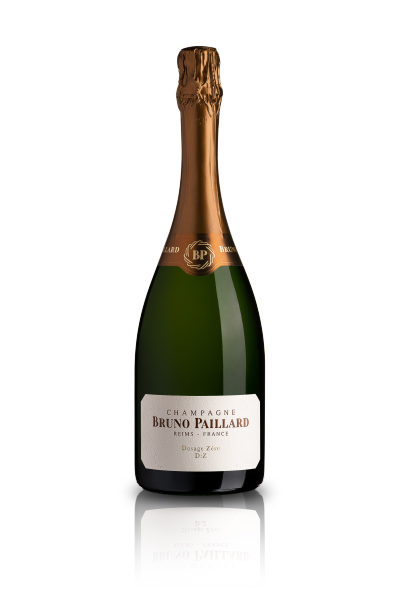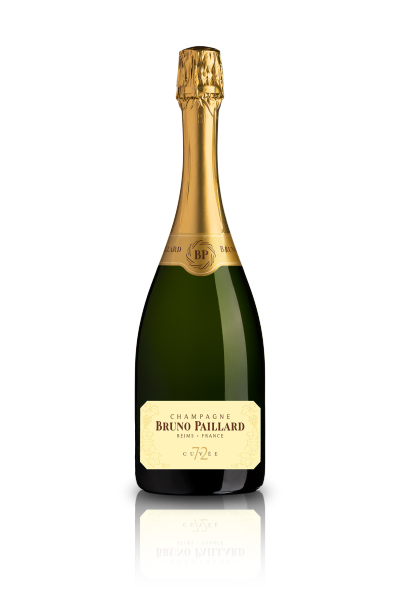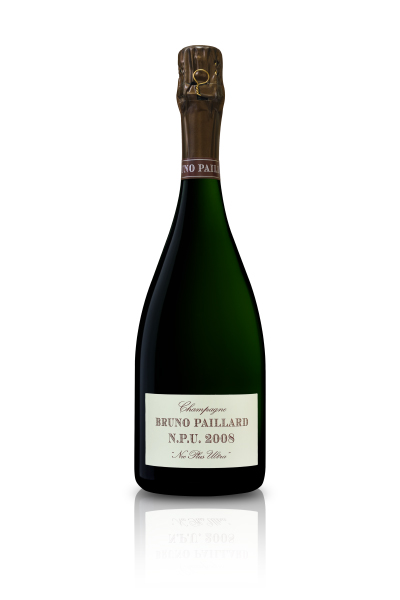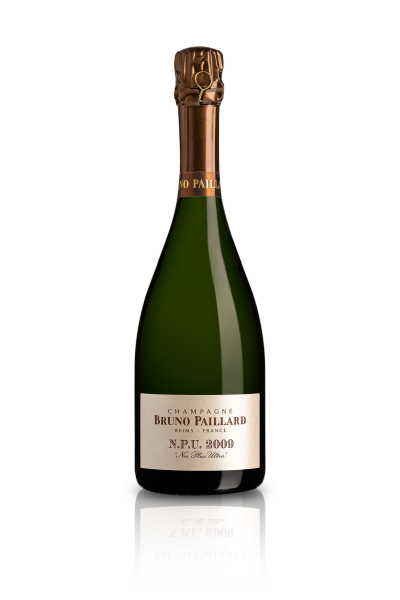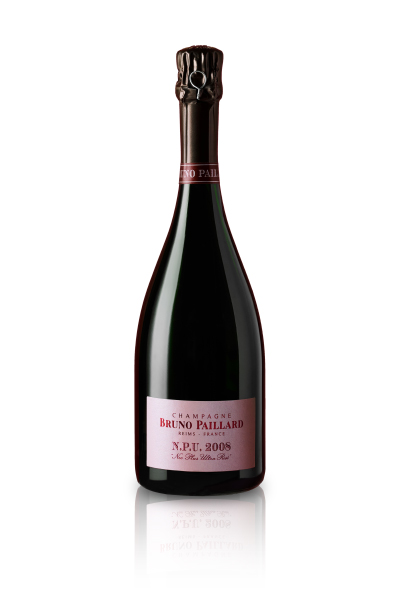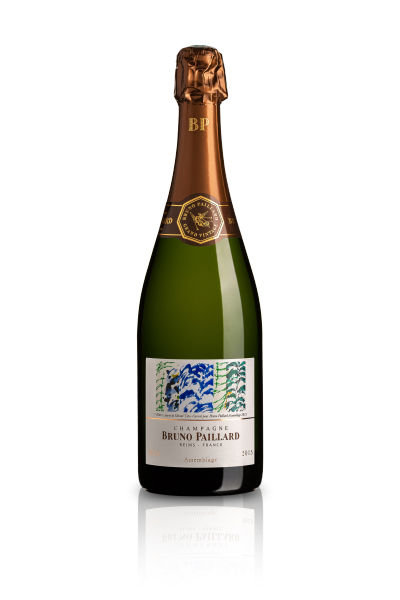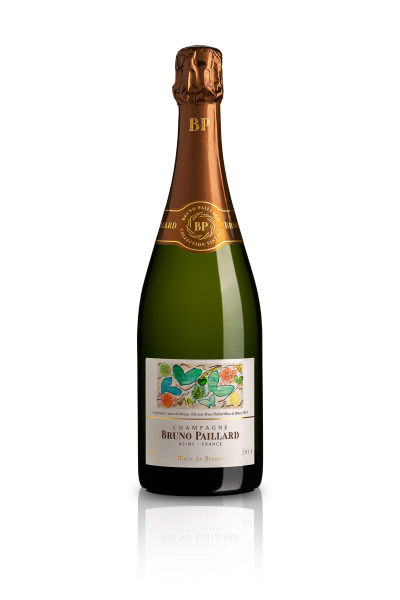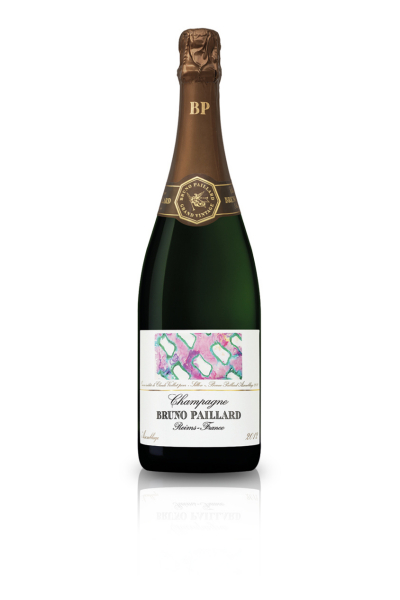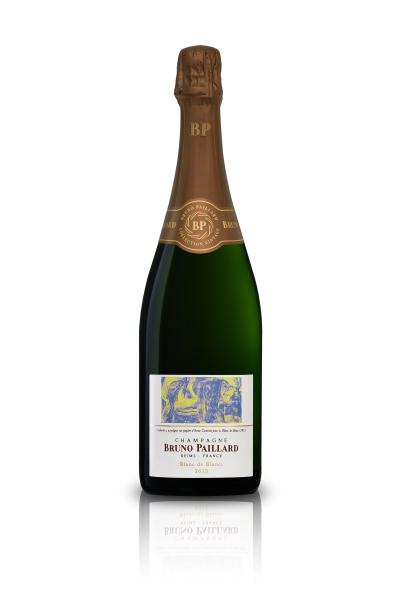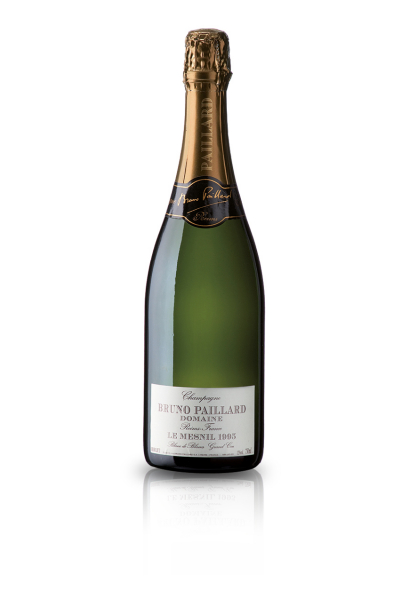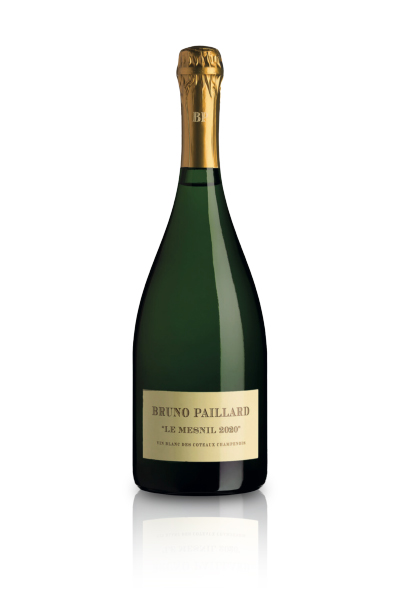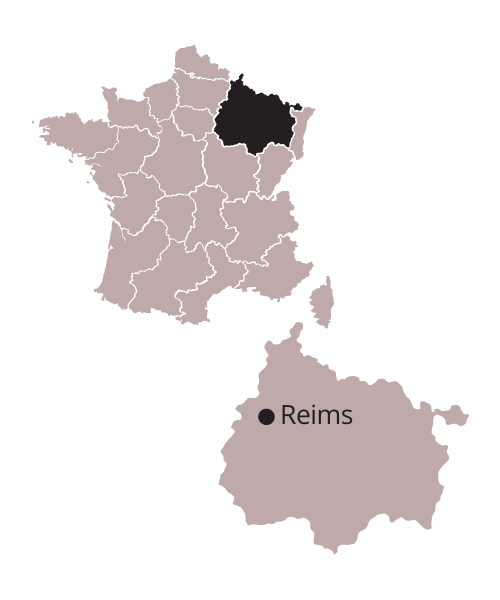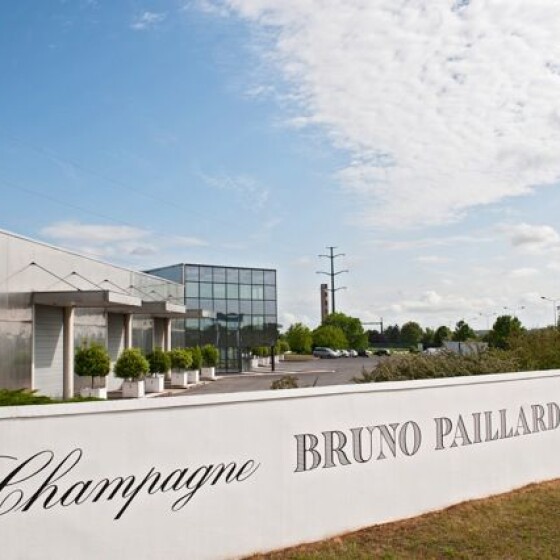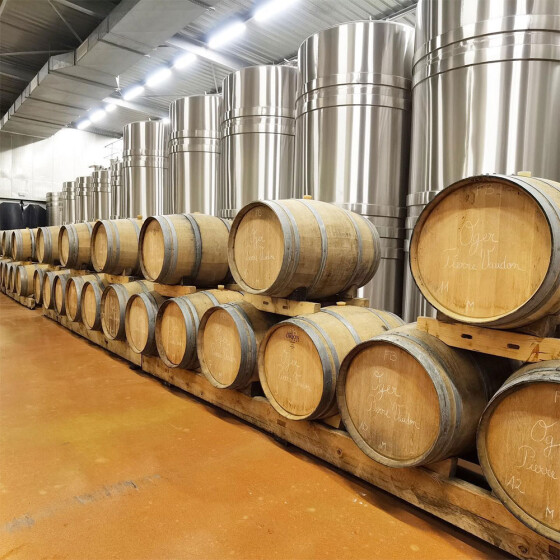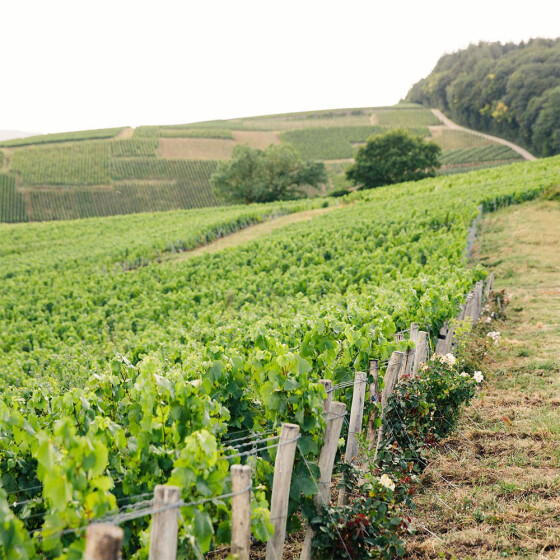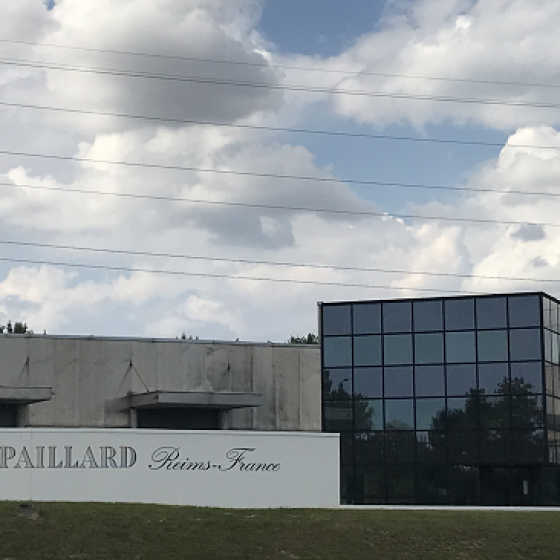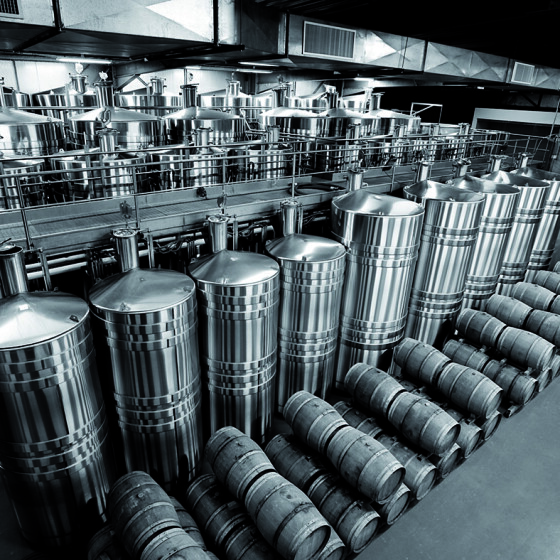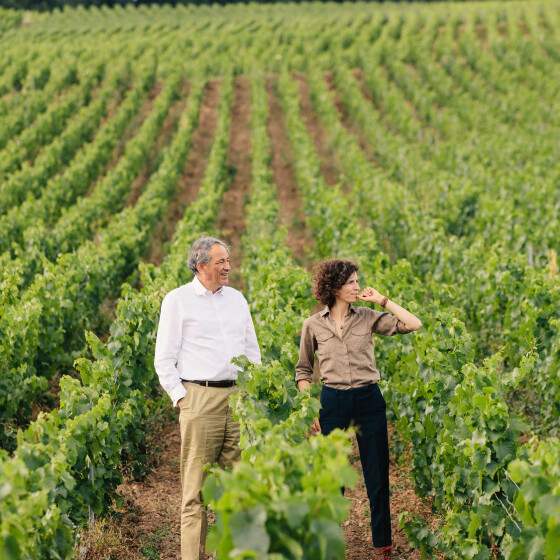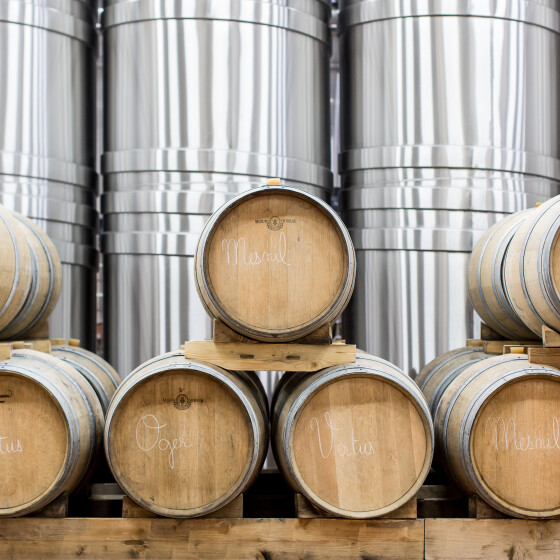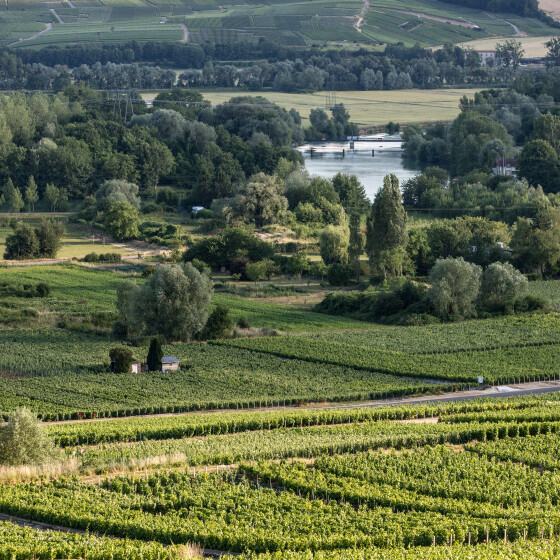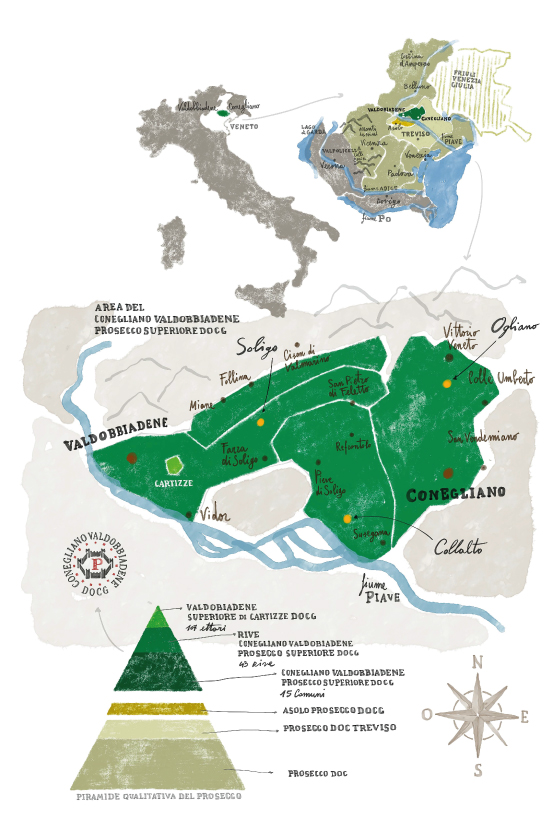THE COMPANY
The Maison de Champagne Bruno Paillard was born from the desire to create a pure champagne, different from others. Bruno Paillard, descendant of a family of financial brokers and vignerons in Champagne for more than three centuries, created his own Maison in 1981. His requirement: to obtain the quintessence of each Champagne grand cru to then create, with blends, a great wine. The results are cuvées for connoisseurs among the most recognized at international level, distributed exclusively in selected wine shops and on the tables of the best chefs. A 25-hectare vineyard divided into 16 crus now provides more than half of the Maison’s grape requirements. Each of the 86 parcels is managed – soil cultivation and organic treatments – in such a way as to promote biodiversity and deep root development, so as to extract the chalky character of the terroirs. Only the first pressing of the best grapes is used, while in the cellar, the time spent on the lees is two to five times longer than average, depending on the type of cuvée. The multi-vintage champagnes are composed of 25-50% reserve wines, dating back to 1985. The ‘Cuvée Perpetuelle’ adds complexity to the blend. All the wines produced are Extra Brut, the disgorging date is always written on the back label, and the style is recognized as a blend of purity, complexity and minerality. Maison Bruno Paillard is completely independent and managed by Alice Paillard, who continues to develop her father’s original project.
